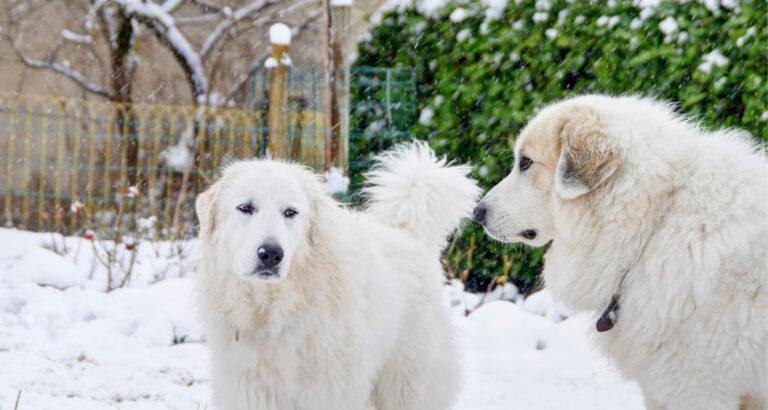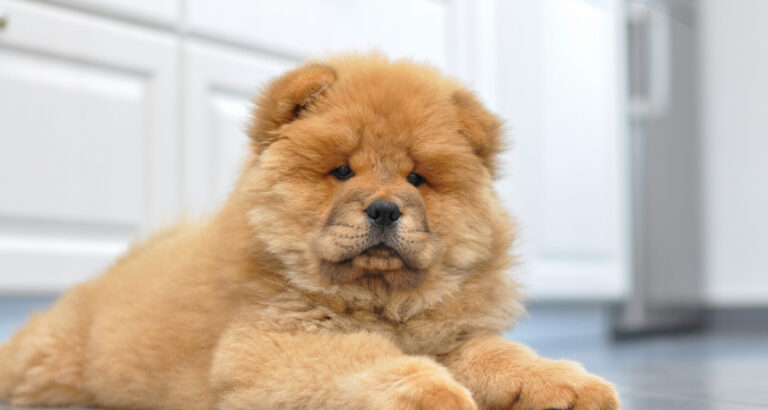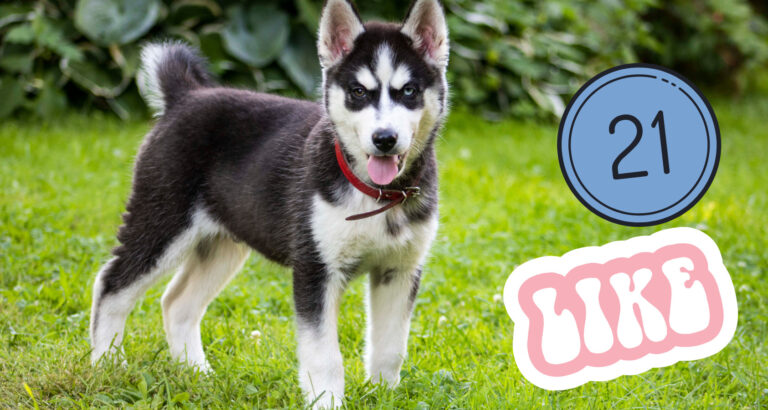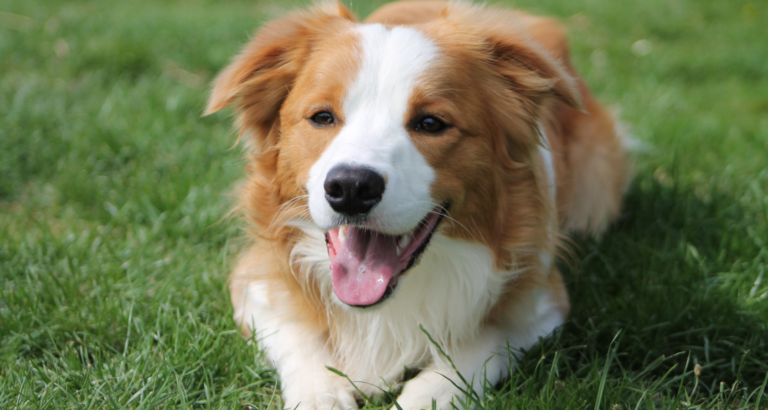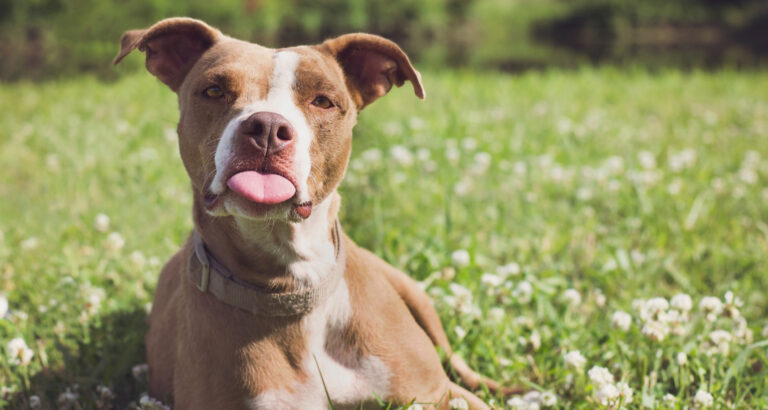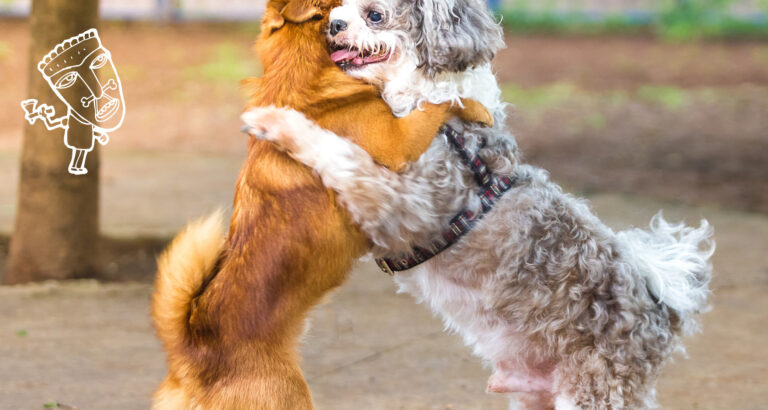Corgi Puppies and Corgi Breed Guide
Corgi puppies are cute, they’re fast, they’re fluffy, and they’re chunky, and they’re loved by dog enthusiasts everywhere in the world, including the British Royal Family. Corgi puppies love to spend time with their owners and inspect the world around them despite being some of the smallest dogs out there.
Today’s guide looks at everything you should know about baby Corgi puppies, from more than a few fun facts to the Pembroke Welsh Corgi temperament and how to deal with certain Corgi behavior problems.
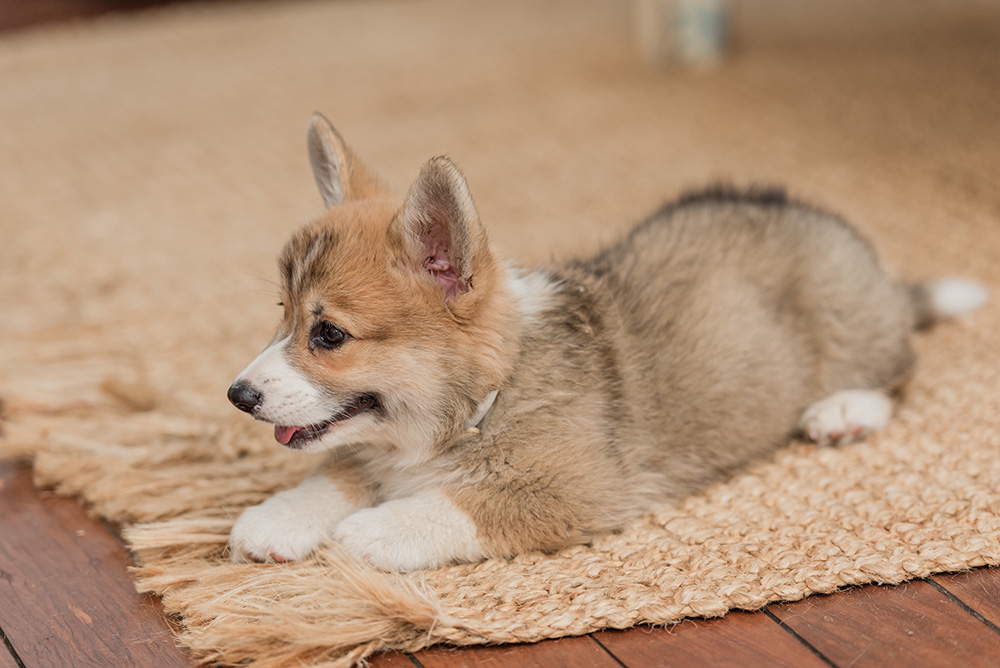
Fun Facts About Corgi Puppies
- Corgi is the literal translation of the word “Dwarf Dog” in the Welsh language, where Cor means dwarf and Gi means dog.
- Most Corgis are born without tails. After hundreds of years of tail docking, they have evolved to get rid of this appendix.
- Since they have a double coat, they’re perfectly fit to handle the autumn and winter, even freezing temperatures. However, due to their size, it is not recommended that they spend too much time in the snow.
- You wouldn’t think so, but they have ancestry in common with the Siberian Husky. If you ignore the patterns and size of the Corgi, something definitely looks familiar about its face and that of a Husky, right?
- They are a very old breed and have become popular in the 10th century when they were used for herding. No one knows who introduced them to Wales, their home country, as they seem to have been loved equally by the Celts, the Vikings, and the Flemish around that time.
Corgi Appearance
With their muscular, thicker thighs and rather short legs, Corgis are adored by millions of people worldwide. There are two sub-breeds, the Cardigan and the Pembroke Welsh Corgis, but they both have a double coat and large ears that need to be checked by a vet regularly.
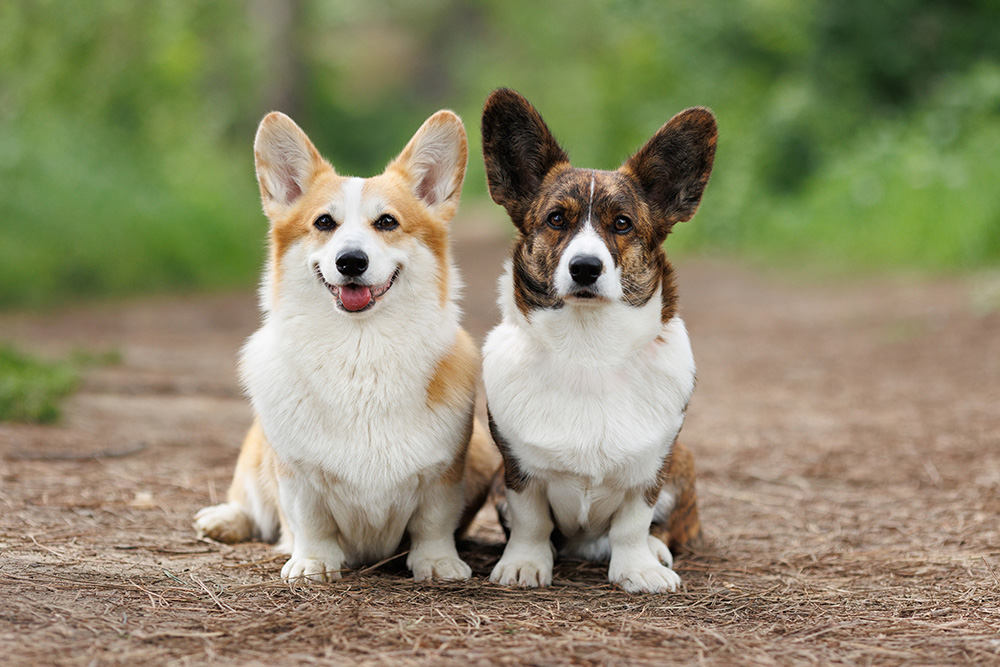
Their maximum height is around 10 to 12 inches. The weight can differ depending on the gender, with the males (30 pounds) being slightly heavier than their female counterparts (28 pounds).
In terms of colors and markings, there are different ones for every type of Corgi. Consequently, the Cardigan Corgi can come in five different colors, such as black, brindle, red, sable, and blue merle. The Pembroke Corgi, on the other hand, can be found in four main colors:
- Red (with a lighter color known as fawn)
- Sable
- Black-headed tri-color
- Red-headed tri-color
Cardigan and Pembroke Welsh Corgi Temperament
They might look similar, but their personalities differ quite a bit. While the Pembroke Welsh Corgi is always on the run with something to do or someone to interact with, Cardigan Welsh Corgis are a bit more relaxed and reserved. That doesn’t mean that they don’t quickly take to new people; they like to form their own opinion of them before becoming playful with them.
Intelligence is the key characteristic of this dog breed, so both the Cardigan and the Pembroke shine when it comes to being witty and able to solve problems.
But because they were developed to be herders, they tend to be a little controlling, and they need attention, which is why they don’t make the best choice for first-time dog owners who have never trained a Corgi puppy in their life.
Both the Cardigan and the Pembroke are known to be barkers and a bit stubborn, too, particularly if they weren’t trained properly when they were Corgi puppies. Cardigans are more adaptable than Pembrokes, and they also love hanging out on the couch with you at the end of the day instead of constantly looking for entertainment opportunities.
The Personality of Corgi Males and Females
What about differences in temperament from males to females? When it comes to many dog breeds, females are known to be calmer — including the Siberian Husky that we referred to earlier.
However, the female Corgi personality largely depends on early life experience. If you socialize your female puppy from a young age and you make her trust animals and people around her, she will be just as sociable as a male. Additionally, she will not fight your authority as a male puppy would until you show them who’s boss. Female corgis tend to be more mature and mellow.
By contrast, male Corgis are more affectionate to their owners, especially if they are socialized properly. It takes some time for you to train your male Corgi puppy, especially in the first six to eight months of his life, and they remain territorial even after they are neutered. They’re just more dominant than females, so you’ll have to constantly exert your authority over your Corgi, even though you love each other very much.
Possible Temperament Problems
Here are some potential negative behaviors that you may encounter in Welsh Corgi puppies, regardless of type or gender:
- Excessive barking
- Tendency to suffer from separation anxiety
- Not a good dog for small children as they are overly enthusiastic and will nip kids who don’t listen to them
- Mildly aggressive by nature
- Stubborn if not socialized as early as possible
Care and Grooming
Because they have a double coat that’s more or less dense when compared to that of other breeds, you’ll have to groom your Corgi puppy as often as once every four to eight weeks. Shedding periods for this dog breed happen in the spring and fall, when they change their coat in order for them to be able to tackle the new seasons.

If you would not like to take your Corgi to a groomer, you could invest in a de-shedding tool or brush and use it on their coat every week. That way, you don’t risk ruining the coat by giving them a bad haircut — you just trim the excess constantly and also give your dog a nice massage.
Nail trimming is mandatory once every two to three weeks, depending on how fast your pet’s nails grow. Ensure their ears are clean and that no discharge or foul odor is coming from them.
As for oral hygiene, you should ideally brush your dog’s teeth every day. If that’s not possible, at least do it every two days and invest in a water additive so that plaque and tartar have less of a chance to build up on your pet’s teeth.
Corgi Dog Breed Health Concerns
When trying to learn all about Corgi puppies, it is important to also consider the health issues that this breed faces most commonly. Be prepared to handle not just the veterinary costs associated with these conditions but also the pain that your dog will most likely go through.
The diseases Corgis are most prone to are:
- Hip dysplasia
- Cataracts
- Degenerative myelopathy
- Intervertebral disc disease
- Hypothyroidism
- Cataracts
- Von Willebrand’s disease
The fact that this breed is predisposed to so many potentially genetically transmitted health issues should make you consider getting a Corgi mix or one from the most responsible and reputable Corgi puppies breeders in your area.
Ideal Diet For a Corgi
Corgis are notorious for their appetite. But with a big appetite comes the risk of diabetes and obesity. While males can be as heavy as 30 pounds, the ideal weight for this breed is actually around 22 to 30, so try to keep an eye on this aspect.
Your veterinarian can advise you as to what the best food for Corgi puppies or the best food for Corgi adults is depending on their health and life stage, but as a general rule, three smaller meals a day are better than a huge one.
Protein sources such as turkey, lamb, fish, or the standard beef and chicken are right for this breed. To keep your dog’s joint, cardiac, and brain health in check, consider giving them omega-3 supplements. You can even make your dog’s food at home if you consult a pet nutritionist beforehand.
What Not to Do With a Corgi
Because of their anatomy, certain activities are a no-go for this breed. You should not allow your dog to jump on and off the couch or other furniture you have in your home.
Ideally, you shouldn’t let your pet climb or go down the stairs, either, but it depends on how high your stairs are and your dog’s age. Senior Corgis tend to be more reluctant when it comes to physical activities, yet at the same time, they tend to pack up weight more easily, so weight management is paramount.
If you’ve decided to train your puppy by yourself, avoid using scolding or physical punishment at all costs. Your Corgi puppy is not going to understand what you mean by treating them badly, and they might actually turn against you instead of becoming more obedient. Remember, this is an outgoing, stubborn dog with a love for life like no other — so positive reinforcement is the only training method to use in their case.
Corgi Puppies Average Price
The cost of a puppy depends on several different factors, from the breeder to the parents’ health and the type of Corgi. For example, the typical Pembroke Welsh Corgi price you can expect is somewhere in the range of $1,000 and $2,200, depending on your location.
Cardigan Welsh Corgi puppies are a little more expensive, and pedigree ones tend to sell for at least $3,000. They aren’t as common as their Pembroke counterparts, this being one of the main reasons they’re also harder to find.
Given the wealth of genetically predisposed health issues, always make sure that you ask your breeder for a certificate from a veterinarian, according to which the puppy’s parents had not been diagnosed with any known conditions after the age of 1 and when they were used for breeding.
Summary
Baby Corgi puppies are adorable, whether they are male or female, or Cardigan or Pembroke. They are full of energy and will try herding everyone in their household, so a firm hand is necessary for their training.
Try to become your Corgi’s best friend from the first day by using positive reinforcement and treats. Ensure that you give them the best in terms of nutrition for you to be able to benefit from their love and presence for at least 12 years, their average life span.
Resources:
1. Radiographic hip joint phenotype of the Pembroke Welsh Corgi, Georgia T. Karbe et al, 2012: https://onlinelibrary.wiley.com/doi/10.1111/j.1532-950X.2011.00938.x
2. A study of inherited short tail and taillessness in Pembroke Welsh Corgi, A. Indrebo et al, 2008: https://pubmed.ncbi.nlm.nih.gov/17850278/
3. Degenerative myelopathy in 18 Pembroke Welsh Corgi dogs, P.A. March et al, 2009: https://pubmed.ncbi.nlm.nih.gov/19261635/
4. Genetic variations and dog breed identification using inter-simple sequence repeat markers coupled with high resolution melting analysis, Wannapimol Kriangwanich et al, 2020: https://www.ncbi.nlm.nih.gov/pmc/articles/PMC7605226/
About The Author
Cristina Vulpe is a credentialed veterinarian with a PhD in canine oncology. She loves a variety of topics from animal welfare and pathology to infectious disease, parasitology, and legal medicine. Above all, she enjoys giving practical and easy-to-use advice to current and potential pet parents across the world, with an aim of simplifying complicated terminology and information so that dogs get the best care in the world. Her articles have been published by dozens of websites in the past.


